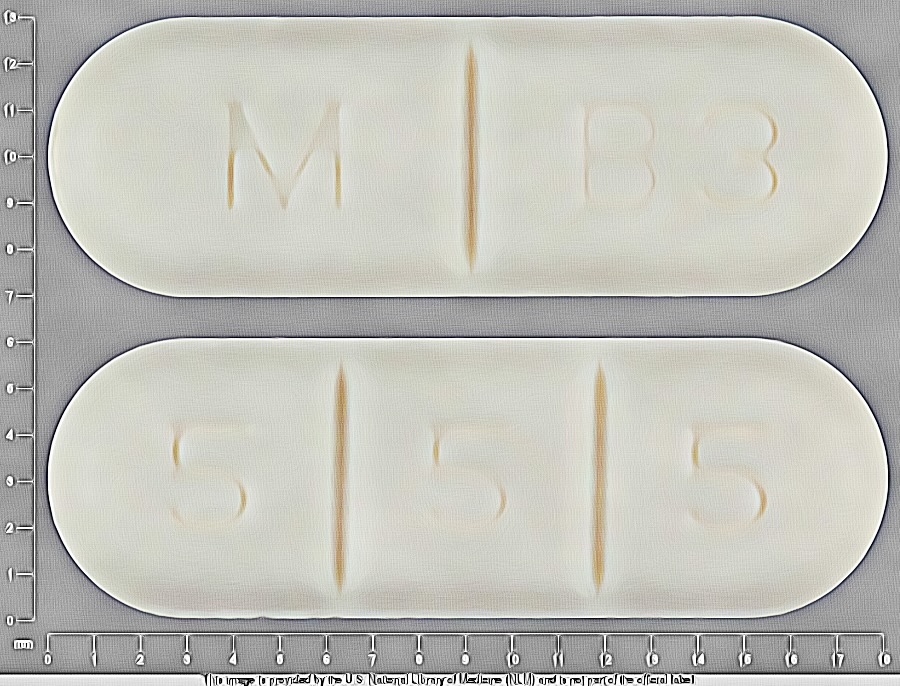Many drug rehabs out there won’t allow their patients to be given Benzodiazepines for anxiety symptoms. For that reason, they offer non-benzodiazepines instead, and they’re what you’ll find if you’re a patient in an addiction treatment facility. That being said, one of the most common drugs used by such treatment centers is known as BuSpar. Also known as buspirone, this psychoactive drug works on your serotonin neurotransmitters. This is different from the typical benzodiazepines, as they interact with GABA receptors.
That said, is buspirone addictive? Is it dangerous? We’ll answer these questions and more for you today.
Is Buspirone Addictive?
This is a question that is often asked by people who are considering taking this medication for anxiety or other conditions. While the answer is not entirely clear, there is some evidence that suggests that buspirone may have the potential to be addictive.
Buspirone is a medication that is used to treat anxiety and other mental health conditions. It is classified as a serotonin receptor agonist, which means that it works by stimulating serotonin receptors in the brain. Serotonin is a neurotransmitter that is responsible for regulating mood, anxiety, and other important functions.
When taken as prescribed, buspirone is generally considered to be safe. However, there have been some reports of people who have abused buspirone to get high. These people have typically taken much higher doses of the medication than what is prescribed.
In some cases, people who abuse buspirone may develop a tolerance to the drug, which means that they need to take higher and higher doses to get the same effect. This can lead to dangerous and potentially life-threatening situations.
If you or someone you know is abusing buspirone, it is important to get help as soon as possible. Abuse of this medication can lead to addiction, and addiction can have serious consequences. If you are struggling with an addiction to buspirone, please seek professional help.
What Are the Signs of Buspirone Addiction?
While buspirone is not a controlled substance, it can still be abused. The signs of buspirone addiction are similar to those of other substance abuse disorders.
If you or someone you know is abusing buspirone, look for the following signs:
1. Taking buspirone more often or in higher doses than prescribed
2. Crushing and snorting buspirone tablets
3. injecting buspirone
4. Taking buspirone to get high rather than to treat anxiety or depression
5. Developing a tolerance to buspirone, needing more of the drug to get the same effect
6. Experiencing withdrawal symptoms when stopping the use of the drug
If you or someone you know is showing these signs, it is important to seek help. Buspirone addiction is a serious condition that can lead to health problems and even death.
What Is Buspirone?
Buspirone is an anti-anxiety medication that belongs to a class of drugs called azapirones. Buspirone is used to treat generalized anxiety disorder (GAD) and tackles things like fear, tension, irritability, dizziness, pounding heartbeat, and other physical symptoms. They’re also sometimes used to treat opioid withdrawal. This is because buspirone is known to decrease the symptom severity of withdrawal, meaning that those trying to quit their reliance on a drug may use buspirone to assist in the process.
How Does Buspirone Work?
Buspirone is thought to work by increasing the level of a chemical called serotonin in the brain. Serotonin is a chemical that is involved in mood and emotion, and the higher the levels of serotonin, the better the user feels.
What Does Buspirone Make Me Feel?
While buspirone is generally meant to help people feel less anxious, some people report feeling more relaxed as well after taking buspirone. Others report feeling more energetic and less depressed. Some people report feeling no difference at all. As such, the final effects of buspirone can differ from one individual to another, but the main feeling is generally lessened anxiety.
It typically takes a few weeks of taking buspirone before any effects are felt. This is because it takes time for the drug to build up in the body. Some people may experience side effects when taking buspirone, such as nausea, headaches, or dizziness. These side effects usually go away after a few days of taking the drug.
Are There Any Risks to Using Buspirone?
Buspirone is generally considered to be safe and effective, but like all medications, there are potential risks and side effects associated with its use.
The most common side effects of buspirone include dizziness, headache, nausea, and fatigue. These side effects are usually mild and tend to resolve on their own with continued use of the medication.
More serious side effects of buspirone include low blood pressure, fainting, and changes in heart rate. These side effects are rare and typically occur only in people who are taking high doses of the medication.
Buspirone can also interact with other medications, so it is important to tell your doctor about all the medications you are taking, including over-the-counter medications and supplements.
Overall, buspirone is a safe and effective medication for treating generalized anxiety disorder. However, like all medications, there are potential risks and side effects associated with their use. If you experience any serious side effects, be sure to contact your doctor.
Can Abusing Buspirone Be Fatal?
Yes, taking too much buspirone as a result of addiction can be quite fatal. However, that would be the case with most, if not all, drugs.

How Can I Treat Buspirone Addiction?
Buspirone addiction is a serious condition that should be treated by a qualified healthcare professional. There are a number of ways to treat buspirone addiction, and the best course of treatment will vary depending on the individual’s situation.
One common treatment approach for buspirone addiction is detoxification. This involves removing the drug from the body and allowing the individual to physically and mentally recover from its effects. Detox can be done in an inpatient or outpatient setting, and it is often followed by counseling and other forms of therapy to help the individual stay sober.
Another treatment option for buspirone addiction is medication-assisted treatment. This approach uses medications like buprenorphine or naltrexone to help reduce cravings and withdrawal symptoms while the individual undergoes counseling and other forms of therapy. Medication-assisted treatment can be an effective way to treat buspirone addiction, and it is often used in combination with other treatment approaches.
Are Their Withdrawal Symptoms of Buspirone?
Withdrawal from buspirone can cause a number of different symptoms.
Some of the more common ones include anxiety, irritability, headache, and nausea. In some cases, people may also experience dizziness, sweating, and difficulty sleeping. These symptoms can range from mild to severe, and they may last for a few days to a week or more.
If you experience any of these symptoms after stopping buspirone, it’s important to contact your doctor.
Conclusion
All in all, while buspirone can be used to treat anxiety and even help individuals beat their addiction to other drugs, buspirone abuse can still occur! As such, if you or someone you know is struggling with buspirone addiction, it is important to seek professional help. There are a number of treatment options available, and the best course of treatment will vary depending on the individual’s situation. With the help of a qualified healthcare professional, you can find the treatment that is right for you or your loved one and begin the journey to recovery.

